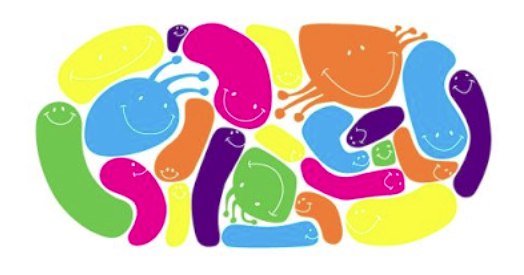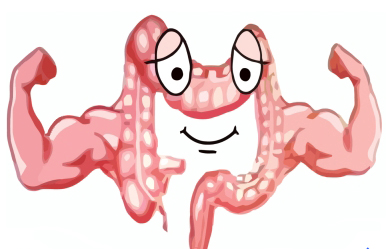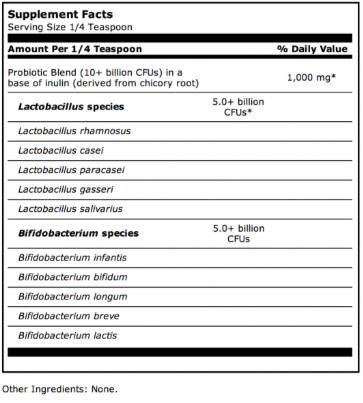

What the heck are probiotics?
The word “probiotic” comes from the Latin, meaning “for life”. But does anyone actually know what probiotics are and specifically how they can benefit you? It seems like “probiotic” is the new “electrolyte”- it’s a buzzword that gets thrown around haphazardly without much explanation. Well here is the information you need to know.
Probiotics are beneficial bacteria that are colonized in your intestines and help manufacture certain nutrients- B12 and vitamin K, to name a couple. The human intestine actually contains TEN TIMES more bacterial cells than all the other cells that make up a person’s body! There are about 500 different strains of bacteria colonized in your intestines, helping your gut to be responsible for 70-80% of your immunity. The entirety of the bacteria and fungal species in an intestine is called the “microbiome”.
However, you can also use food to increase your beneficial bacteria: fermented foods (sauerkraut, kim chi, dill pickles, yoghurt, miso soup), foods with prebiotics, substances that feed good bacteria (asparagus, leeks, garlic, onions, banana, chicory root) and fiber rich foods, that break down to short chain fatty acids which also support intestinal and beneficial bacterial cells. Combining a probiotic supplement with beneficial bacteria- promoting food is a great idea!


So what else aside from an antibiotic prescription can compromise your parking lot? Antibiotics consumed in the foods, (meat and poultry), environmental pollutants, too much alcohol, coffee, junk food, refined sugars, over the counter medications (particularly NSAIDS), other prescription drugs like proton pump inhibitors; the list is getting longer as more research comes out. What are the signs that your gut might be compromised? Recurrent gastroenteritis infections, chronic diarrhea or constipation, gas/bloating, indigestion or maldigestion, flatulence, anxiety or depression, fatigue, vaginal or anal itching, or even bad breath.
How do you find the right probiotic? You’ll want to look for a product that has more than one species of probiotic. Lactobacillus acidophilus is a very popular strain as it’s been linked reducing symptoms of IBS, and may actually have cancer-preventing properties. But it’s best to balance it with other types; get a good mix of make and model in your parking lot. Bifidobacterium helps with a variety of functions, from vitamin production to killing pathogens, and it is the key probiotic for children under two years old. One of my favorite supplements for young children is Klaire Labs Infant Formula.

Many times when I have suggested the addition of a probiotic to an infant’s nutrition, the mother seems ill at ease. Dr. Mona Morstein of Arizona Integrative Medical Solutions explains, “Probiotics are indeed in breast milk, but only the ones your white blood cells grab from the lining of [the mother’s] intestine. If you have had any antibiotics, or have any gastrointestinal or digestion upset, or any health problem at all, there is a risk your microbiome may not be 100% healthy. That is why probiotics should be considered in newborns. Although breast milk is excellent food, the most perfect food of all for babies, there are many studies showing adding a probiotic to a baby’s nutrition prevents episodes of diarrhea. Other nutrients shown to help a baby reduce auto-immune diseases and allergic developments are fish oils and Vitamin D3. A mother can either take those products herself to go through the breast milk, or dose them to her breast-feeding baby. A probiotic for a newborn should contain Bifidobacterium as the main, or at least half the species of bacteria in the product.”
Moral of the story: is a probiotic supplement right for you? Most likely. Is it right for you infant, child, and spouse? Probably. Try it out and see how much better you feel.

Recent Comments